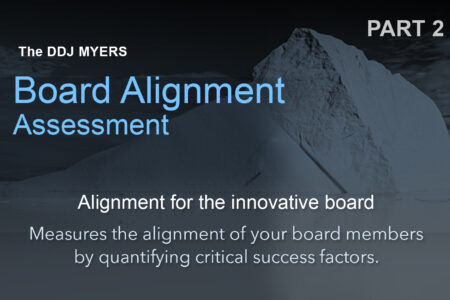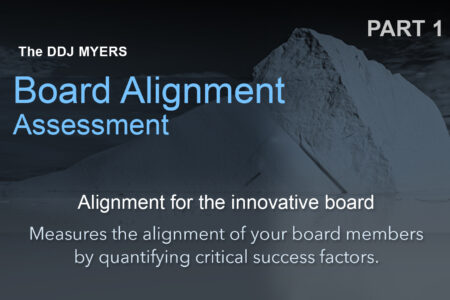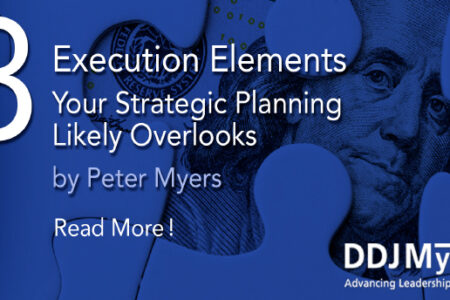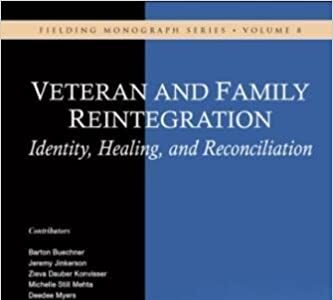Employee burnout is real: How to combat it in 2024
Publications
by Deedee Myers
As we prepare for a new year, understanding what drives employee burnout and how to help combat it at all levels is critical. Coming out of COVID and returning to work environments where team members had to reconnect with other people hasn’t been easy. We’ve all had to learn to lead differently, and this work is far from complete.
The importance of compensation reviews for departing CEOs
Publications
by John-Paul O’Connor
As a credit union board, ensuring that your CEO is compensated fairly and competitively in the market, especially as the CEO approaches retirement or departure from the organization is essential. A compensation review is an effective way to ensure the outgoing CEO is taken care of by being compensated equitably in the market and to position the credit union to afford and attract the best available talent.
Part 2: New Rules for CUs—Is Your Board Aligned and Ready?
Publications
By Peter Myers
In our most recent post, we were encouraging boards, like the organizations they oversee, to reevaluate some of the standard practices that have always informed their business (like members no longer coming into branches). Historically, that would have been a crazy suggestion. Following suit, what are the unmentionable topics boards should discuss? We believe board composition and succession is one of them.
The Board Alignment Assessment provides an objective framework for boards to have grounded conversations about board best practices. The idea is not to score 100% on everything but to assess alignment on the variables that influence and impact board performance.
Part 1: New Rules for CUs—Is Your Board Aligned and Ready?
Publications
By Peter Myers
Brace yourself. Data, one of the biggest influencers of our time, has a few lessons for us that may be bitter to taste and even harder to swallow. Nonetheless, we hope the lessons stimulate your appetite for action.
A few dynamics are becoming more critically important as we reconsider processes in response to COVID-19. Something has to change drastically in the conversations regarding board composition and succession.
Everything needs to be reevaluated to construct a sustainable new normal. Some credit unions have to make the difficult choice of closing branches and furloughing staff; one CEO plainly said, “It sucks … and we’re embracing the suck.” This situation is requiring credit unions to innovate new ways of doing the basics. Some of these new practices will stick, such as metered remote workforces, and some new practices will likely not stick, halting expansion plans.
Three Execution Elements Your Strategic Planning Likely Overlooks
Publications
Be sure you have planned your actions, examined your assumptions and had a conversation about potential obstacles.
Partnering with credit unions on strategic planning, we see various kinds of plans, initiatives, focuses, projects, goals, visions, missions, concentrations and implications.
Organizational Alignment Part 2: Case Studies and the Important Secrets They Reveal
Publications
By Peter Myers, Senior Vice President, DDJ Myers, Ltd.
One of the most important growth strategies a credit union can implement is a routine test of the degree of alignment within the organization. But oftentimes, this is a poorly executed or entirely missed opportunity at many institutions. The Harvard Business Review study, The New Game Plan for Strategic Planning, found that 84% of respondents ranked “management alignment” as the most important task, with only 41% saying their organization performed it well. In my last post, I addressed new approaches to alignment, and methods for measuring them. Here we’ll review two case studies on credit unions that assessed, clarified, and planned for improving their alignment.
Organization Alignment Part 1: Work Toward the Ends, Not Managing the Means
Publications
By Peter Myers, Senior Vice President, DDJ Myers, Ltd.
Employee engagement, satisfaction, and internal Net Promoter Scores are now common practices; even the NCUA is focused on increasing its employee engagement. As a consulting partner with a talent–management focus, we’re all in favor of organizations improving their cultures. “Culture eats strategy for breakfast,” right?
Board renewal and recruitment: A profound need to modernize the process
Publications
The COVID-19 environmental disruption, the call to enhance and expand member digital services, #blacklivesmatter, and the retirement of board members comprise a profound confluence of opportunities. These opportunities should not become issues with the right actions. Two years ago, a significant percentage of board members (30-40%) declared they would retire in three to five years. In addition, many tenured board members assert that younger generations are not committed to volunteering their time.
These simultaneous transformative disruptions beg questions of each board: What resources are needed now? How does our board’s governance structure take care of our membership in this disruptive and transformative situation? What conversations are needed to understand the board’s obligation to add more strategic value?
Board members should also self-reflect: Am I the best resource for this board? How will I know? What is my unique value? How do I impede success? Am I willing to step aside? Do I live as a legend in my own mind?
Veteran and Family Reintegration: Identity, Healing, and Reconciliation
Publications
The military experience offers a domain of inquiry about the human condition that can often be instructive about other life spheres as well.
Accordingly, this book covers a wide spectrum of study that can help us to better understand the lives of military personnel, veterans, and their families. The book is organized in three sections. • The first section looks at the need for the proper treatment of veterans and military personnel who have experienced different forms of trauma, such as moral injury. • The second section looks at the impact on an individual’s identity as a result of traumatic change, such as the suffering of amputation or loss of limb. • The third section is focused on the challenges of military spouses, given that the well-being of military families has only received scant scholarly attention in the past. In sum, this book aims to provide an overview of a wide range of scholarship in the realm of contemporary veteran and military family issues. Each of the chapters are based on the groundbreaking research of seven doctoral graduates of Fielding Graduate University, edited by Miguel Guilarte, PhD and Barton Buechner, PhD.
Deedee Myers, PhD, MSC, PCC, CHIC Founder & CEO of DDJ Myers is a contributor to this important compilation dedicated to serve the military community.
Leadership Matters: Enhance Strengths Or Improve Weaknesses?
Publications
Increasing self-clarity allows us to see our current palette of skills as a starting point for growth.
The dualistic strengths-versus-weaknesses perspective so common in professional development is a helpful starting point in the conversation on developing leadership skills. However, this focus on weakness can also be limiting and leave us with a fixed, narrow view of what a successful leader looks like, of ourselves as leaders, even of what leadership is or is not.









